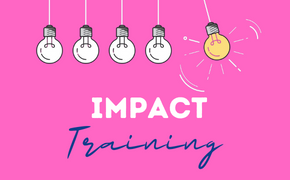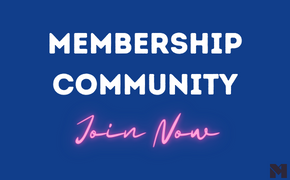[et_pb_section bb_built=”1″][et_pb_row][et_pb_column type=”4_4″][et_pb_text]
The Future of Work according to History of Work, I’m not convinced by the doomsayers who predict radical job losses due to the rise of automation.
Human society has gained overall from every technological advancement since the invention of the wheel. Each of these developments created significant social resistance in their day, and today’s doomsayers are following that pattern. “The oldest and strongest emotion of mankind is fear, and the oldest and strongest kind of fear is fear of the unknown” ― H.P. Lovecraft
The World Economic Forum predicts a net gain of 50M jobs globally, Deloitte agrees, and Andrew McAfee believes that this industrial revolution will enable people to increase their creative capacity, sparking further social and technological advancements and further abundance.
So why the angst? I believe that after every major leap forward, we experience a slump – as we have to relearn the rules in order to optimise the opportunity. We’re in that slump today, which is the forerunner of great things once we learn to do business differently. Evolution will take its course – the speed with which we leap forward will be largely up to us.
Too optimistic? Have your say on LinkedIn
[/et_pb_text][/et_pb_column][/et_pb_row][/et_pb_section]













